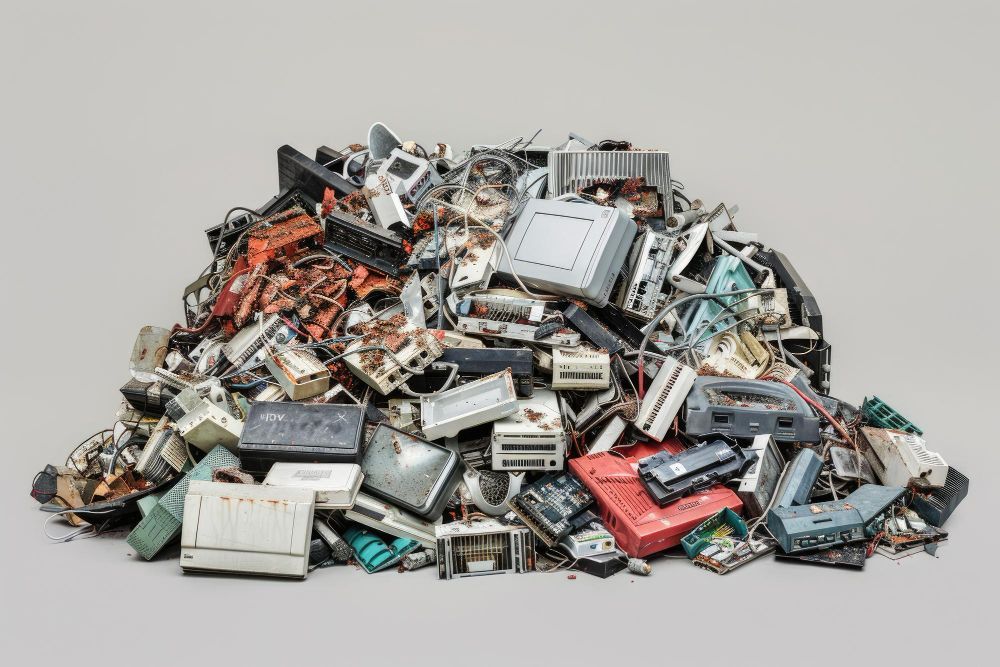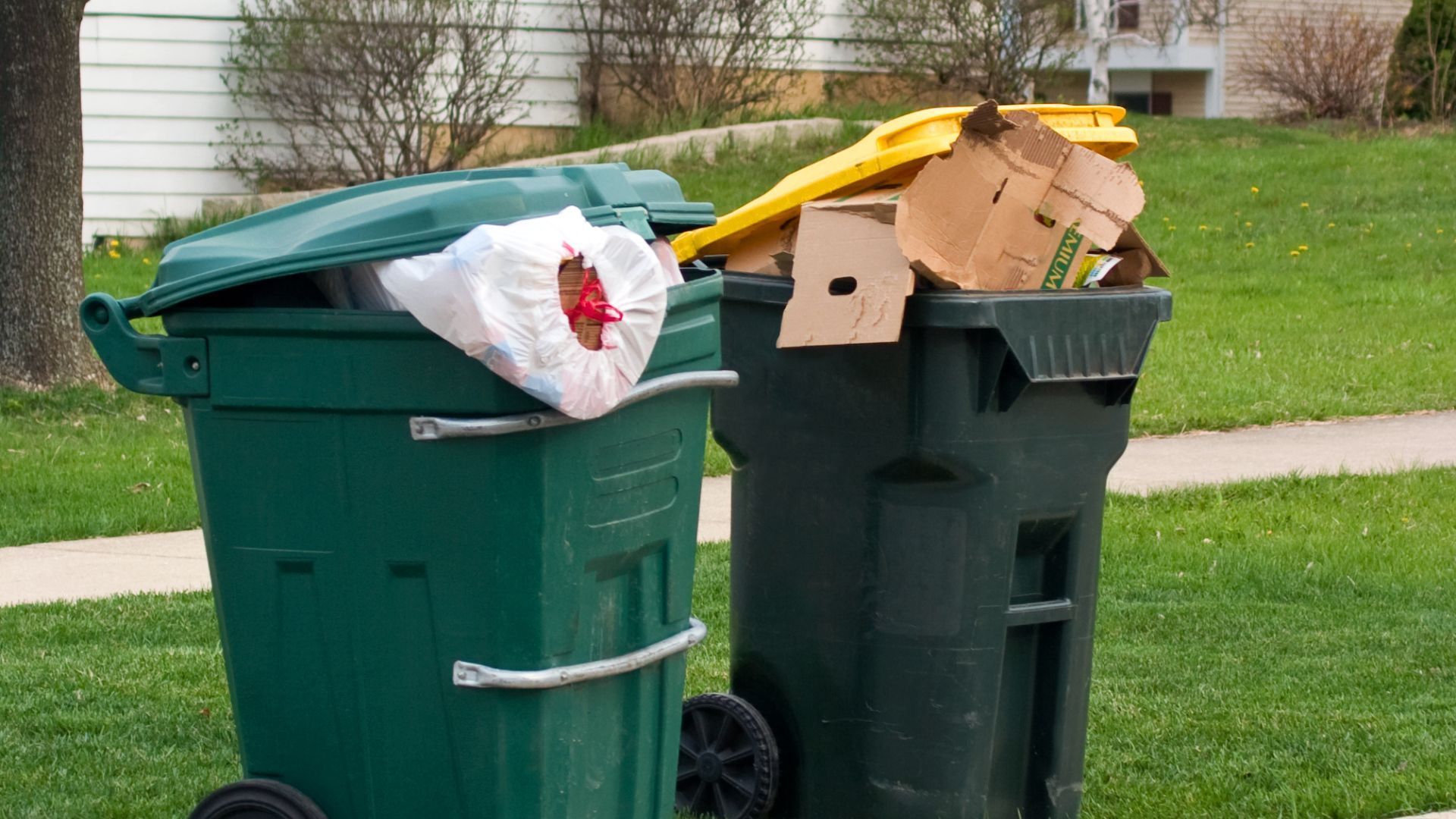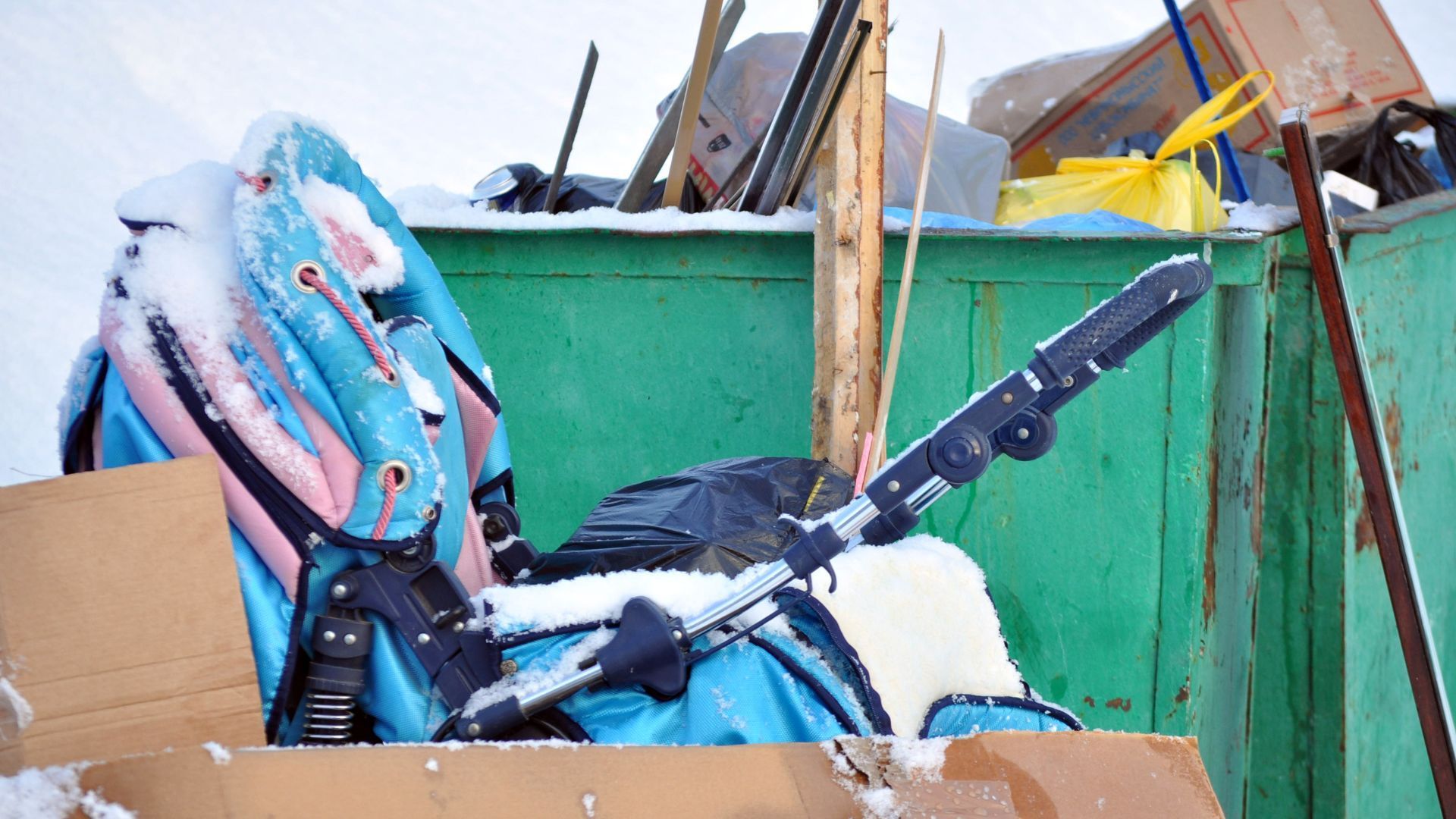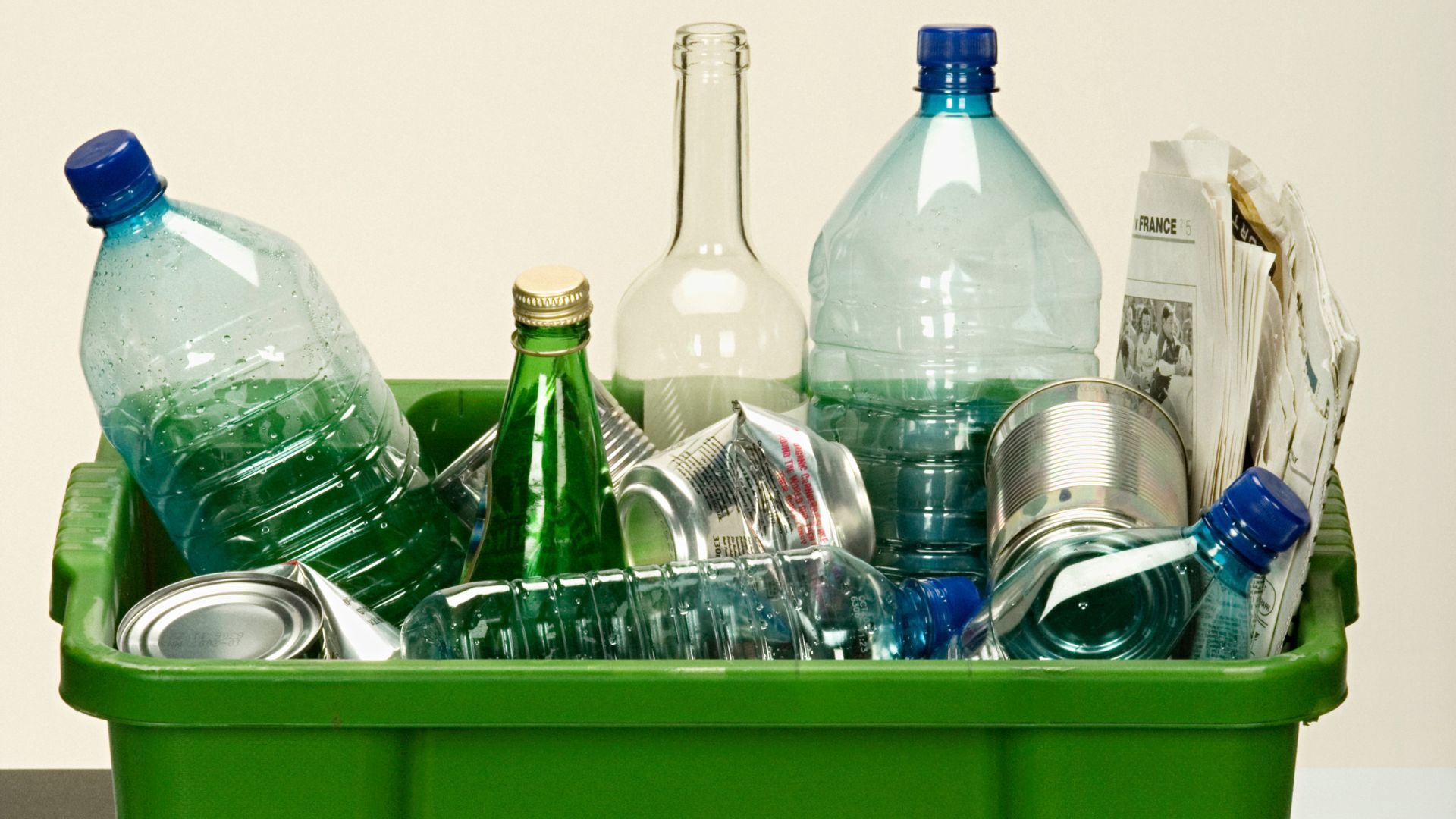Why E-Waste Disposal Augusta Matters for Old Electronics
Walk through any home or office in Augusta, and you’re likely to find a graveyard of forgotten electronics—cordless phones with dead batteries, outdated laptops collecting dust, chargers tangled in drawers like digital cobwebs. These aren’t just clutter. They’re electronic waste, or “e-waste,” and the way we dispose of them—or fail to—has far-reaching consequences. As Augusta continues to grow and adopt more advanced technology, the challenge of managing discarded devices becomes more urgent, more pressing, and far more complex than many realize.
E-waste isn’t like other trash. It contains valuable metals, yes—but also dangerous toxins. Tossing it out with yesterday’s coffee grounds might feel harmless, but it has consequences that ripple through our environment, health systems, and local economy. This isn’t a niche concern for techies or environmentalists; it’s a responsibility that belongs to everyone. And here in Augusta, the way we handle e-waste says everything about how we protect our future while dealing with our past.
Why Proper E-Waste Disposal Matters
Our world runs on technology—smartphones, laptops, TVs—from dawn’s first ping to twilight’s streaming binge. But what happens once those gadgets tire? When a phone is tossed into the trash, its hidden components—heavy metals and toxic compounds—begin to seep into the earth beneath our feet. In Augusta, where communities breathe and drink from shared resources, this isn’t just a local issue—it’s a threat to collective health. The chemicals within these devices—lead, cadmium, mercury—don’t vanish; they migrate, infiltrate, and persist.
Moreover, every discarded gadget harbors something of value—tiny traces of gold, silver, copper, and rare earth elements. Recycling electronics prevents the unnecessary depletion of natural resources, reducing the need to mine virgin materials. In Augusta, committed disposal services are transforming the way communities think about what’s in their drawers. Instead of ignoring old devices, residents and businesses are being invited into a cycle of rebirth: devices aren’t merely cast off, but revived into the manufacturing loop. That shift is where environmental stewardship meets circular-economy brilliance.
The Circular Economy: Giving Old Electronics a Second Life
In a world that’s moving faster than ever, there’s a quiet but powerful shift taking place—one that challenges the disposable culture we’ve come to accept. Rather than treating old electronics as mere clutter or trash, more people in Augusta are starting to see them for what they truly are: resources with untapped potential. Each retired smartphone, dusty monitor, or broken keyboard holds materials that still have value—metals, plastics, and components that can be refined and reused. Instead of sending these items to rot in landfills, conscious disposal gives them a second life, one that supports both sustainability and innovation.
This approach feeds directly into what’s known as the circular economy—a system built around minimizing waste and maximizing reuse. Rather than mining new metals or manufacturing new parts from scratch, companies can extract materials from recycled electronics and reintroduce them into production cycles. That means fewer raw resources need to be pulled from the earth, which in turn reduces environmental destruction, carbon emissions, and the energy used in extraction processes.
The Silent but Serious Risks of Tossing Electronics
Consider for a moment the average television or desktop—seemingly inert until its buried toxins begin to move. As rainwater penetrates landfill layers, it becomes a toxic cocktail that invades groundwater and rivers. In Augusta’s neighborhoods, this can translate into contaminated soil where children play or water used to hydrate plants and wash dishes. Chronic exposure to these substances—especially mercury and lead—can impair neurological development, provoke kidney damage, and even elevate cancer risk. Invisible, insidious, and entirely preventable, these dangers underline why casual disposal is more than careless; it’s dangerous.
What worsens the problem is public unawareness. Without clear guidance, many citizens don’t recognize that tossing a broken laptop into a trash bin invites systemic harm. Convenience alone should never eclipse safety. That’s why Augusta’s certified e-waste facilities step in to offer structured, reliable disposal pathways. They ensure devices are dismantled, data sanitized, and toxins neutralized—safely and legally. It’s a process designed not just to eliminate risk, but to reintroduce recovered materials back into productive use—transforming what was once waste into raw inputs for tomorrow's inventions.

What Counts as E-Waste in Your Home
When most people hear “e-waste,” they picture bulky items—old computers or CRT televisions. But the category is far broader. If it plugs in, runs on batteries, or houses a circuit board, it qualifies. That means routers, printers, game consoles, microwaves, fitness devices, even hair dryers and electric toothbrushes can’t be casually discarded. Many of these gadgets contain lithium batteries and flame retardants that pose significant fire and pollution risks when not treated properly. Recognizing the full scope of e-waste helps Augusta homes and businesses make more mindful choices.
Even hidden tech—charging cords, USB hubs, memory cards—belongs in the e-waste conversation. Left in drawers indefinitely, they may seem harmless, yet they remain part of the environmental footprint. Gathering these odds and ends for proper collection eases the burden on local disposal systems and boosts recycling efficiency. More importantly, it builds the habit of looking closely before tossing—cultivating a community-wide mindset that acknowledges every device's latent impact and potential value.
Recycling Electronics Helps More Than the Planet
Perhaps the most tangible benefit of proper disposal is the conservation of precious materials. Electronics are mini treasure troves, containing gold in circuit boards, copper in wiring, aluminum casings, and more. Recycling salvages these metals in far more environmentally friendly ways than mining could ever be. That means fewer forests cleared, less soil erosion, reduced water pollution, and diminished greenhouse gas emissions. Each recycled laptop or broken smartphone represents a saved resource and a reduced industrial footprint.
At the same time, Augusta’s economy benefits. Certified recycling operations require staff to sort, dismantle, and process electronics. This demand spawns skilled jobs in disassembly and data sanitation. When communities invest in local e-waste pathways, those jobs remain local, fueling economic growth and expertise. Meanwhile, manufacturers can source recycled materials for new devices, reducing production costs and environmental strain—creating a win-win system where stewardship meets innovation.
Data Security: A Core Part of E-Waste Disposal
No one wants personal or corporate data drifting around out there. Discarded phones and computers often contain sensitive files—photos, messages, passwords—that can be retrieved unless properly wiped or destroyed. Certified e-waste facilities in Augusta offer not just mechanical recycling, but secure data destruction. Hard drives can be shredded or degaussed, and phones and memory cards reset to factory settings. That means your personal history isn’t left behind in a landfill.
For businesses, secure disposal is more than caution—it’s compliance. Regulations like HIPAA and GDPR mandate appropriate handling of confidential data during disposal. Proven e-waste partners not only destroy data according to standards but also provide documentation verifying destruction. That mitigates legal risk and reassures clients that their information remains protected—even when the hardware doesn't.
Choosing the Right E-Waste Service
Not all disposal options are equal. Augusta residents should look for certifications like R2 or e-Stewards—proof of safe, ethical handling. Services with these credentials follow strict protocols for worker safety, environmental protection, and materials traceability. That’s a far cry from sketchier operations that might export e-waste to regions with lax regulations or unsafe practices.
A reliable service also offers convenient options—curbside pickup, scheduled drop-offs, and flexible timing for households and offices. They explain the process clearly: which items are accepted, how data is handled, and what happens to the materials next. Look for transparency—itemized invoices, receipts for data wipes, and explanations about recycling pathways. While convenience and cost matter, trustworthiness should top the list, ensuring you’re part of a system that cares for people and planet alike.
Legal Responsibilities and Community Well-Being
Georgia regulations treat electronics as hazardous waste—just like batteries or chemicals. Throwing them into standard trash could trigger fines for improper disposal. Additionally, some manufacturer take-back programs provide drop-off locations or mail-in options, making compliance easier, but still requiring effort. It’s not just about avoiding penalties; it’s about reinforcing societal values.
Every responsibly recycled gadget supports Augusta's public health, safeguards biodiversity, and builds a sustainable culture. It signals that this city values clean water, resilient ecosystems, and informed citizenship. When municipal programs, businesses, and families cooperate, it sets a tone of stewardship that extends far beyond isolated households. E-waste disposal becomes part of a collective ethic—one that balances progress with preservation.
The Vision for a Greener Augusta
Environmental awareness isn’t an occasional gesture—it’s a lifestyle. As technology evolves faster than ever, so must our disposal habits. Forward-thinking tactics—urban mining, incentives for device manufacturers to simplify recycling, and public education campaigns—are gaining momentum. Augusta has the chance to become a regional exemplar: a place where discarded devices aren’t merely forgotten, but reintegrated into the circular economy.
By choosing certified e-waste services, participating in community collection drives, and staying informed about recycling innovations, residents and businesses can drive this transformation. That means cleaner lakes, safer drinking water, healthier wildlife, and sustainable economic growth. Ultimately, defending Augusta’s environment starts at home, with each decision to recycle rather than discard. And every gadget given a second life moves us closer to a cleaner future.
Conclusion
Proper e-waste disposal protects our environment, conserves precious resources, and safeguards privacy—while supporting jobs and ensuring regulatory compliance. It’s a chance for Augusta residents and businesses to lead by example, nurturing a community where technology and nature coexist in balance. Choosing responsible recycling isn’t just about clearing out drawers; it’s about protecting the water we drink, the soil we grow in, and the future we’re building. For those ready to make that choice, reliable and professional assistance is available. Hinkins Disposal, located in Augusta, GA, offers trusted e-waste services designed to handle old electronics with care, compliance, and commitment to sustainability. For more information or to schedule a disposal, contact Hinkins Disposal at (706) 885-4032 or email Hinkinsdisposal@gmail.com.




